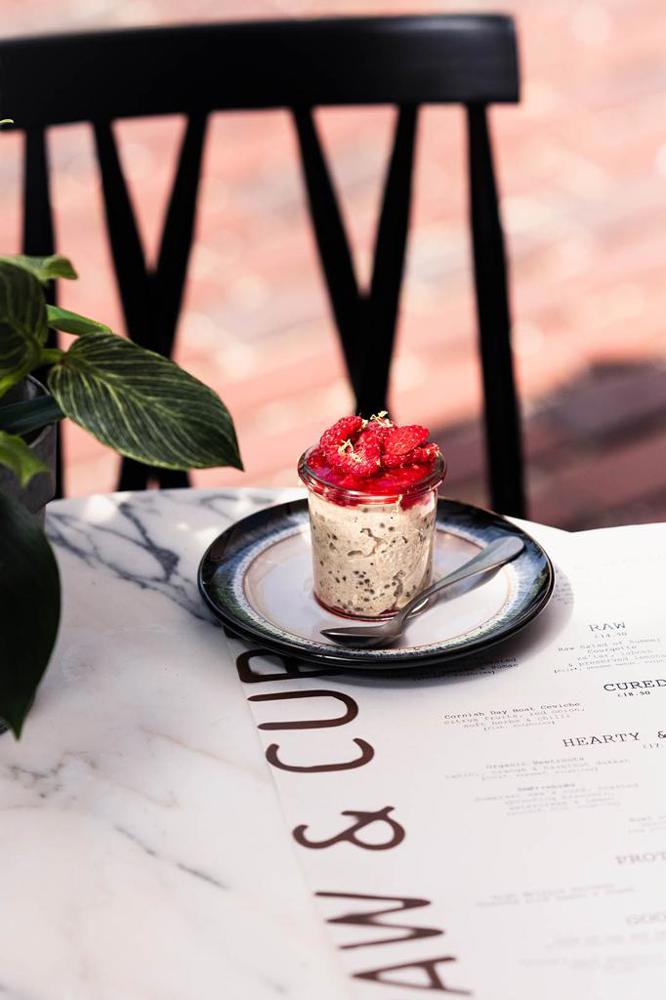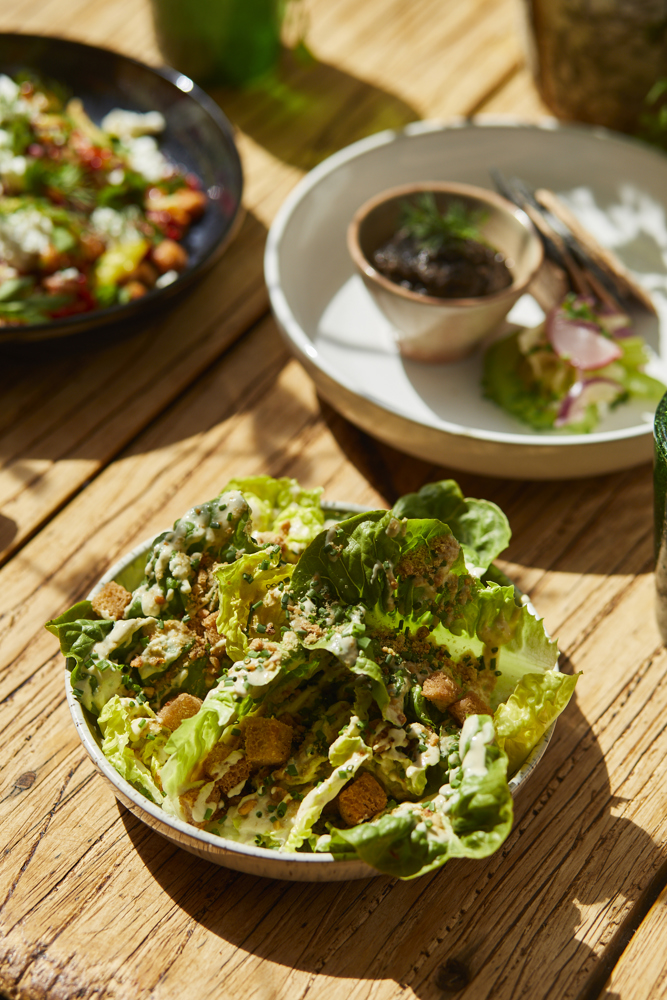Far beyond its role in digestion, the gut has emerged as a key player in influencing our overall well-being. The gut is home to a vast and diverse community of microorganisms that inhabit the digestive system, known as the gut microbiome. A healthy gut microbiome should be diverse, balanced, and abundant in good bacteria. Effectively, supporting your gut health centres around keeping the delicate balance of the gut microbiome in check.
Here are five tips for a happier, healthier gut:
- Consume a diverse range of foods: Including a wide range of fruits, vegetables, whole grains, and fermented foods in your diet promotes a healthy gut microbiome. Dietary diversity provides a broad spectrum of nutrients that support the growth of beneficial bacteria. Try ‘eating the rainbow’, to ensure you pack as many different colours and textures into your diet as you can! I try to consume 30 different plant foods each week. 30 sounds like a lot, but it can include legumes, chickpeas, lentils, nuts, wholegrains, and seeds.

- Include probiotics in your diet: Probiotics are live bacteria that can help maintain a healthy balance in your gut and are often termed ‘good’ bacteria for their beneficial functions. Fermented foods, such as yoghurt, kefir, sauerkraut, and kimchi are all rich in probiotics, and many are found in Raw & Cured! The fermentation process also enhances the bioavailability of nutrients in food, essentially upgrading their nutritional content and making vitamins and minerals easier to absorb. Likewise, the process of fermentation is thought to break down certain compounds in foods, making them easier to digest. Try adding these to your diet for an overall happier gut. Currently on the Raw & Cured menu is our Sauerkraut dish and kefir berry smoothie both great ways to include probiotics into your daily diets!

- Prebiotics are key: Prebiotics are fibres that provide nourishment for the growth of good bacteria in the gut. Put simply, prebiotics are the fuel probiotics need to survive and function effectively. Unlike other fibres, prebiotics are selective for certain strains of good bacteria so that they don’t support the growth of harmful microbes. Foods high in prebiotics include garlic, onions, bananas, asparagus, and leeks. Incorporate these into your diet for a rich microbiome.
- Stay hydrated: Drinking plenty of water is essential for overall health, including gut health. Water helps to maintain the mucosal lining of the intestines, supporting smooth digestion. Hydration also plays a crucial role in the production of digestive juices, such as saliva and bile, which aid in the breakdown of food. Aim for 2 to 2.5 litres a day to avoid dehydration and promote gut motility.
- Limit processed foods and sugar: Highly processed foods and excessive sugar can negatively impact the balance of the gut microbiome. The additives, preservatives and artificial sweeteners present in processed foods promote the growth of harmful bacteria while potentially reducing the population of good bacteria in the gut. Opt for whole and unprocessed foods, such as fruits, vegetables, whole grains, and lean meats, to sustain a balanced gut microbiome.

A happy and healthy gut involves a diverse, well-nourished microbiome, supported by a balanced diet, hydration, and mindful food choices. Your gut biome will start changing in a matter of days, but long-term benefits will take much longer. Remember, they will change for the better after a few days of more conscious eating.
Fancy trying some of our gut-friendly dishes in Raw & Cured, book your table here!


![Limewood Oct 2020 Amy Murrell 1[1]](/media/2700/limewood_oct_2020_amy_murrell-1-1.jpg?width=480&height=900&v=1d9be142704f540)




